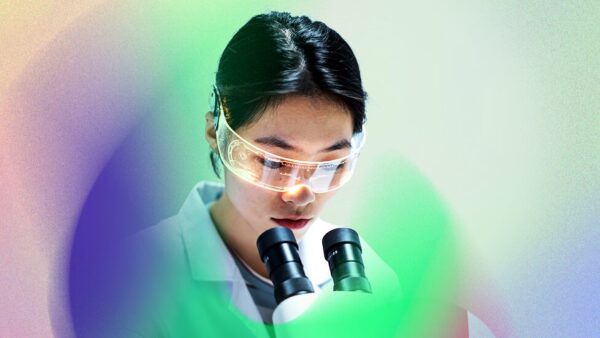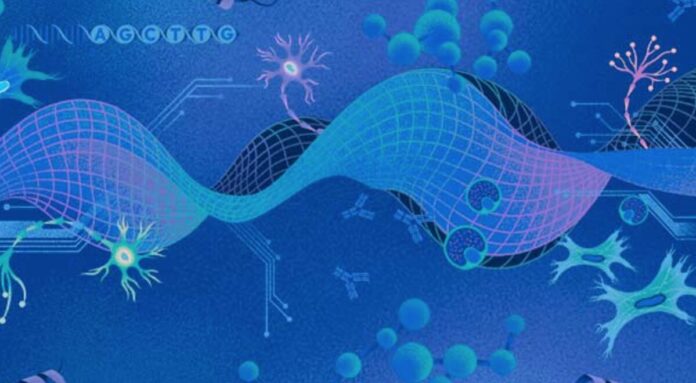Everyone knows AI as a transformative tool in the tech industry. But Artificial intelligence (AI) is now transforming medicine. With its help, groundbreaking solutions to some of the most challenging diseases have been offered. By speeding up drug discovery and targeting the root causes of illnesses, Artificial Intelligence is reshaping the way researchers and pharmaceutical companies develop treatments. This revolution promises hope for patients and efficiency for the industry.
Developing a new drug traditionally takes over a decade, costs billions, and involves significant risk. More than that there is a 90% chance of drugs failing in clinical trials. Technology is changing this dynamic. Startups and major pharmaceutical companies alike are using AI to identify therapeutic targets and design effective drugs faster and more efficiently.
How AI is Revolutionising Drug Discovery
Take Insilico Medicine, for example. This company combines advanced AI techniques to identify disease mechanisms and create drugs from scratch. One of their standout innovations is a molecule designed to treat idiopathic pulmonary fibrosis (IPF), a rare and progressive lung disease with no known cure. Using Artificial Intelligence, Insilico identified a protein called TNIK as the most likely regulator of IPF. Moreover, they designed molecules to inhibit it and synthesised only 79 variations before finding a promising candidate. This process, which traditionally takes years and hundreds of attempts, took just 18 months! All thanks to AI.
Meanwhile, companies like Recursion Pharmaceuticals are tackling the lack of data that limits AI’s potential. Recursion generates enormous datasets through automated experiments and trains AI models to uncover unexpected relationships. Their efforts led to the development of a molecule now in trials for lymphoma and solid tumours.

AI’s ability to analyse vast datasets and predict outcomes can save the lives of countless others. AI is doing incredible work by reducing the time and cost of drug development. It could make treatments for rare diseases more accessible and cost-effective. More importantly, AI’s efficiency may lead to higher success rates in clinical trials.
Read More: Artificial Intelligence is Reshaping Talent and Skills Opportunities in Accountancy
However, challenges still remain. Artificial Intelligence depends on quality data, and biases in datasets can skew results. Despite these hurdles, experts believe that integrating AI into drug development will eventually become the norm.
AI’s role in drug discovery is still continuing to grow, but its potential is clear. Researchers predict that as AI-discovered drugs succeed in trials, the industry will fully embrace this technology. Companies like Insilico and Recursion are already proving that AI can unlock solutions to diseases once considered untreatable.
With artificial intelligence at the front, the future of medicine looks brighter than ever.
Stay tuned to Brandsynario for more news and updates.







































